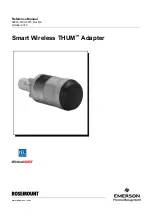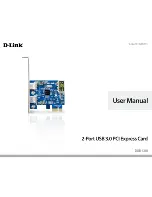
Preamble Type:
During transmission, the PSDU shall be appended to a PLCP
preamble and header to create the PPDU. Two different preambles and headers
are defined as the mandatory supported long preamble and header which
interoperates with the current 1 and 2 Mbit/s DSSS specification as described in
IEEE Std 802.11-1999, and an optional short preamble and header. At the
receiver, the PLCP preamble and header are processed to aid in demodulation
and delivery of the PSDU. The optional short preamble and header is intended
for application where maximum throughput is desired and interoperability with
legacy and non-short-preamble capable equipment is not consideration. That is,
it is expected to be used only in networks of like equipment that can all handle
the optional mode. (IEEE 802.11b standard)
PSDU:
PLCP service data unit
Roaming:
A LAN mobile user moves around an ESS and enjoys a continuous
connection to an Infrastructure network.
RTS: R
equest
T
o
S
end. An RS-232 signal sent from the transmitting station to
the receiving station requesting permission to transmit.
RTS Threshold:
Transmitters contending for the medium may not be aware of
each other. RTS/CTS mechanism can solve this “Hidden Node Problem”. If the
packet size is smaller than the preset RTS Threshold size, the RTS/CTS
mechanism will NOT be enabled.
SSID:
Service Set Identifier, which is a unique name shared among all clients
and nodes in a wireless network. The SSID must be identical for each clients
and nodes in the wireless network.
Subnet Mask:
The method used for splitting IP networks into a series of
sub-groups, or subnets. The mask is a binary pattern that is matched up with the
IP address to turn part of the host ID address field into a field for subnets.
TCP/IP:
Transmission Control Protocol/ Internet Protocol. The basic
communication language or protocol of the Internet. It can also be used as a
communications protocol in a private network, i.e. intranet or internet. When you
are set up with direct access to the Internet, your computer is provided with a
copy of the TCP/IP program just as every other computer that you may send
messages to or get information from also has a copy of TCP/IP.
20




































